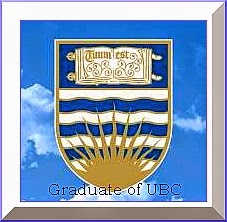Improvements in Higher Education – III
1. As has been mentioned in the first segment of these notes only government- funded universities may be permitted to offer affiliation and not private universities otherwise there is the danger of such programs proliferating merely for profit. There is a need to cap the number of colleges and students that can be offered degree programs through the affiliated college. An essential rule is that a university may not affiliate a college for degree programs if it does not offer the same program itself within the university. The number of students to which this affiliated degree is offered should be no more than ten times the number of students being offered the same education within the university itself (this is an initial suggestion and the precise proportion can be revised after greater debate and study). If an unrestricted number of students are allowed education through the affiliated system then the quality of education in general within a country would become poor.
2. There is an extremely ridiculous concept of an administrative university that has emerged in India, for example the technical universities of Uttarakhand and Uttar Pradesh in India. These are administrative units that have no programs within the university itself, but rather they administer and certify the degree programs of independent colleges. This concept needs to be discarded immediately. As per our thumb rule since the number of direct students of the university is zero, they may certify precisely zero other degrees of affiliated colleges.
3. A college affiliated to a university must be within reasonable geographical proximity of the university providing the education and this distance needs to be specified. This author feels that distance must be no more than a hundred kilometers. This is because frequent interaction is required and necessary to preserve the quality of education within the affiliated college. An incidental benefit of the geographical proximity rule will be that foreign universities would not be able to certify degrees in another country. A foreign university may however set up its own independent associate university in a country but that university too would not be able to provide affiliated degrees since it would not satisfy the first requirement of a national government funded university.
4. A clear distinction must be made between the degree provided by a university and an affiliated institution through nomenclature of the degrees. For example the word honors may be added to the degree provided directly within the university such as Bachelor of technology with honors and a simple bachelor of technology that is awarded through the affiliated college.
.jpg)



Comments